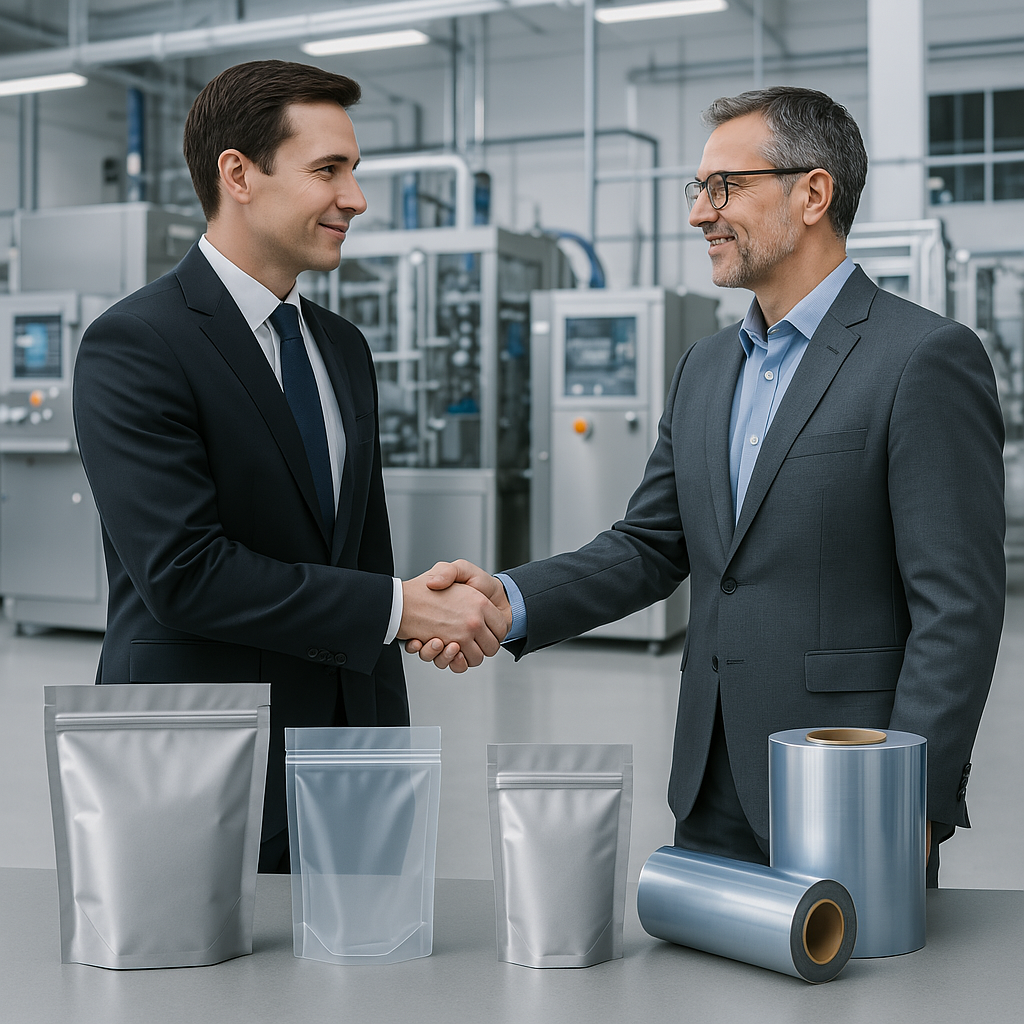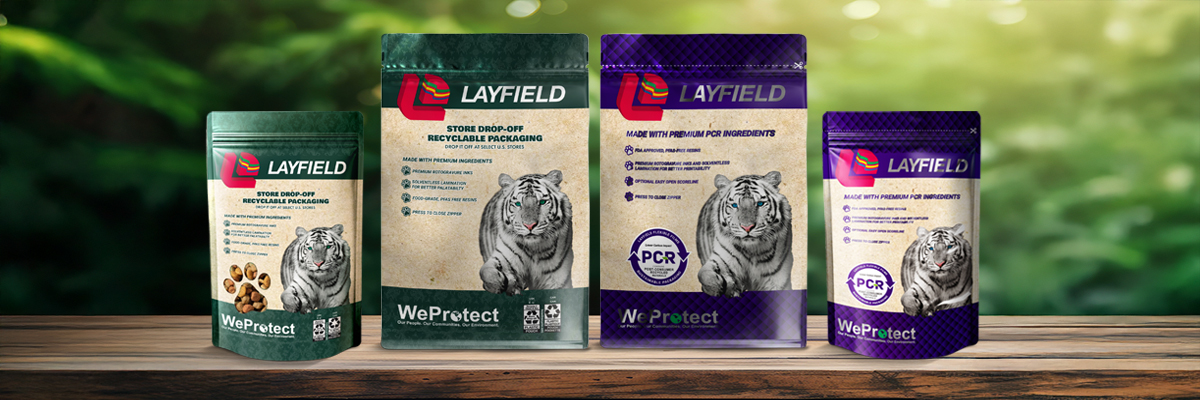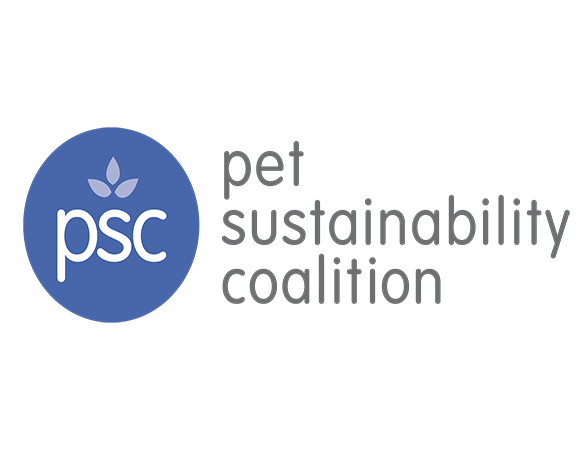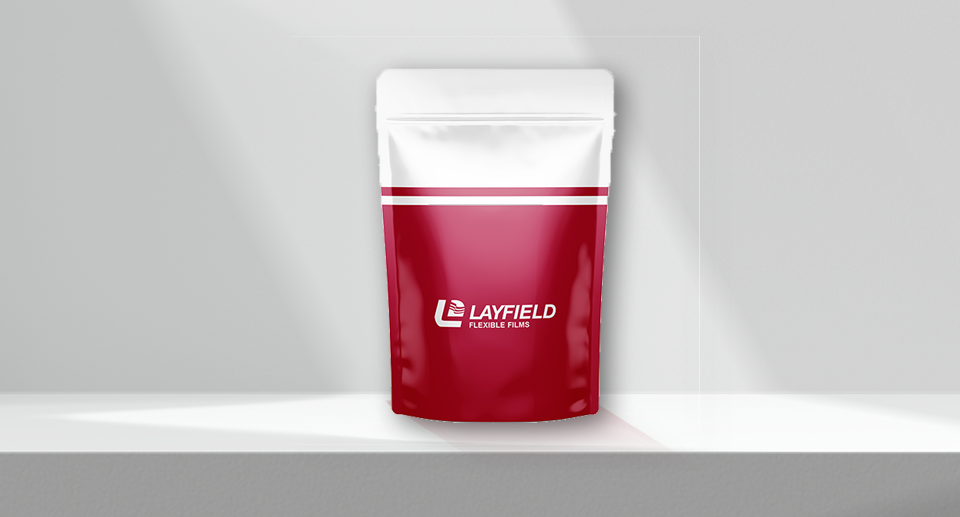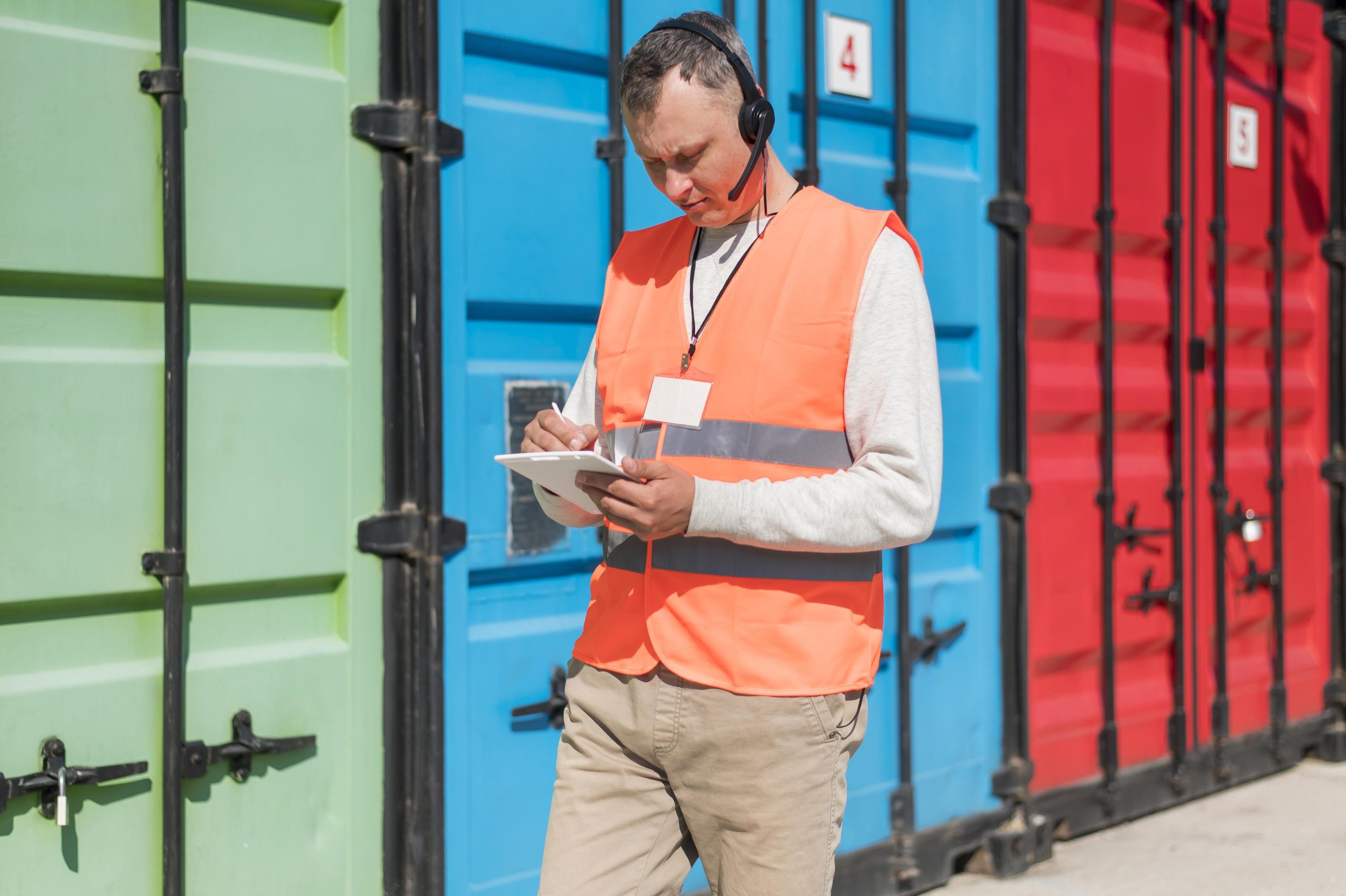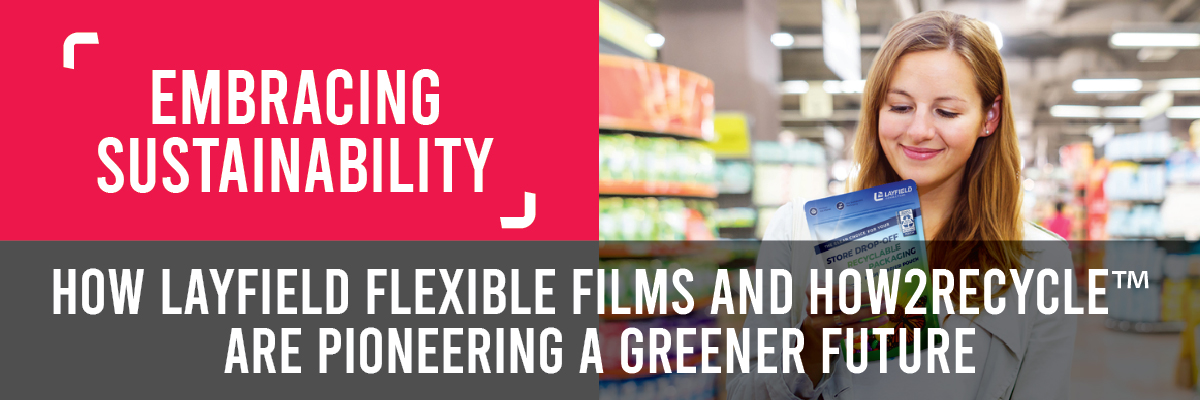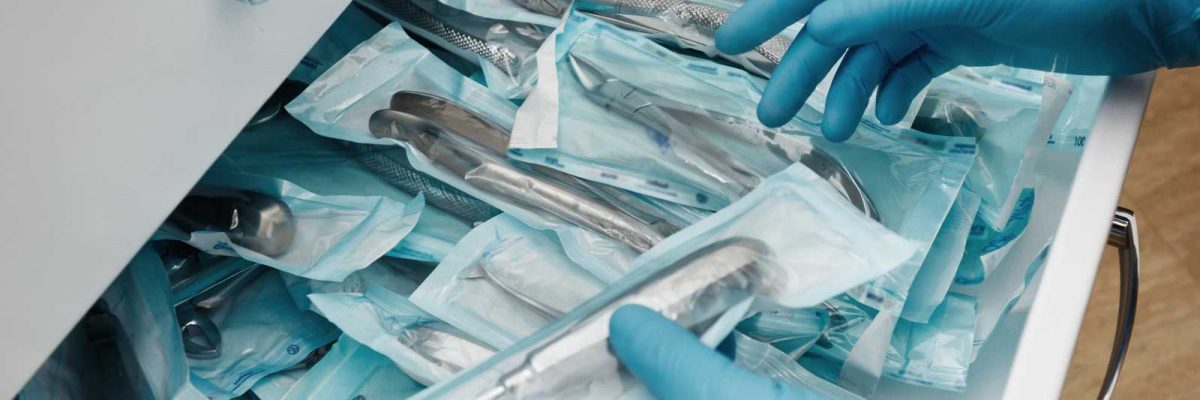Packaging plays a crucial role in maintaining the sterility and integrity of medical devices, pharmaceuticals, and other critical supplies in the healthcare industry. With strict regulatory standards, rising consumer expectations, and an increasing focus on sustainability, medical packaging has seen significant innovations—especially in sterile and flexible films.
Why Sterile Packaging Matters
Medical packaging must ensure the safety and efficacy of products throughout their lifecycle. Sterility is non-negotiable, as even minor contamination can lead to serious health risks or compromise the performance of medical devices. Traditional packaging solutions such as rigid plastic or glass have been effective for specific applications but often fall short regarding flexibility, lightweight design, or sustainability.
The shift toward sterile flexible films addresses these limitations. Flexible films can maintain product sterility while offering advantages such as ease of use, customization, and efficiency in production and disposal. They are increasingly being adopted in applications ranging from wound care products to diagnostic kits and surgical tools, where flexibility, strength, and sterilization compatibility are paramount.
Why does this matter for your brand?
- Product Integrity: If your packaging supplier is IFS PACsecure certified, you can rest assured that their processes are designed to prevent contamination or damage to your product during packaging and transportation.
- Regulatory Compliance: This certification helps ensure that your packaging meets global safety standards, which is especially crucial for industries with strict regulatory requirements, such as food and pharmaceuticals.
- Customer Trust: Consumers are increasingly concerned about safety and quality. Using a packaging supplier with IFS PACsecure certification can enhance your brand’s reputation by showing your commitment to providing safe, high-quality products.
Key Innovations in Sterile Flexible Films
1. Multi-layer Structures for Enhanced Protection
Modern, flexible films for medical packaging often incorporate multi-layer structures that provide an additional barrier to contaminants, such as moisture and oxygen. These layers ensure that medical products remain sterile and effective throughout the supply chain. With materials like polyethylene (PE) and polyethylene terephthalate (PET), multi-layer films offer durability while remaining lightweight and easy to handle.
2. Compatibility with Sterilization Methods
Packaging used for sterile medical supplies must withstand various sterilization methods, such as gamma radiation, ethylene oxide (EtO), and autoclaving. Innovations in flexible films have focused on creating materials that can endure these sterilization processes without compromising integrity or sterility. This is particularly critical for sensitive items like surgical instruments or implantable devices that must remain uncontaminated until use.
3. Customizable Packaging Solutions
Flexible films offer custom design options for medical packaging, including pouches, bags, and lidding solutions that can be tailored to the specific needs of different products. These designs enhance ease of opening in clinical settings, reduce waste, and help in the precise dosing and handling of pharmaceuticals or medical devices.
4. Advanced Sealing Technologies
The development of improved sealing technologies has also transformed sterile medical packaging. Heat-seal coatings applied to flexible films ensure a tight, tamper-evident seal that prevents contamination. Some films now include peelable or resealable features, improving functionality and reducing use risk.
Sustainable Sterile Packaging
Sustainability is becoming increasingly important across all industries, and medical packaging is no exception. Manufacturers are responding by developing recyclable or biodegradable flexible films that meet both environmental and medical standards. While ensuring sterility and performance remains the priority, innovative films that reduce the environmental footprint are gaining traction in the healthcare sector.
The Future of Flexible Films in Medical Packaging
Looking ahead, innovative packaging is poised to revolutionize the medical field. Technologies like printed sensors on flexible films allow real-time monitoring of product conditions, like temperature or humidity, ensuring products are stored in optimal environments. These smart systems could also enhance patient safety by providing tamper-evident seals, tracking product expiration dates, or providing usage instructions via integrated QR codes.
How Layfield Flexible Films is Leading the Way
At Layfield Flexible Films, we are committed to staying at the forefront of innovation in medical packaging. Our sterile flexible films are designed to meet the highest regulatory standards while offering superior protection, sterilization compatibility, and sustainability. Using advanced multi-layer structures and high-performance materials ensures that medical products remain safe and sterile from production to point-of-use. We also integrate sustainable practices into our manufacturing process, developing recyclable and eco-friendly packaging solutions without compromising quality.
Whether for pharmaceuticals, medical devices, or diagnostic kits, Layfield’s sterile flexible films are tailored to meet the unique demands of the healthcare industry, ensuring safety, functionality, and a greener future.
Ready to elevate your medical packaging? Contact Layfield Flexible Films today to discover how our innovative, sterile, and sustainable solutions can protect your products while meeting the highest healthcare standards.
Related Articles
View All News